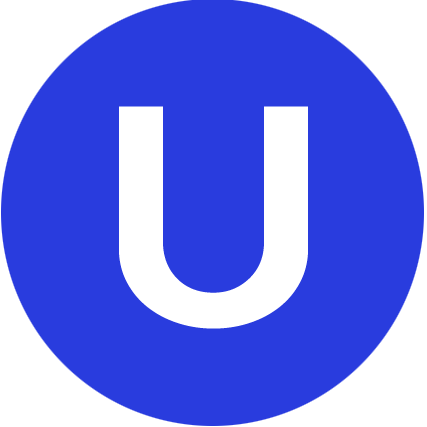
 2 min read
2 min readPrivate mortgage insurance, or PMI, is a type of mortgage insurance many home buyers pay when they purchase real estate with a conventional loan.
However, there are ways to avoid PMI or lessen the length of time you pay into private mortgage insurance.
The content on this page provides general consumer information. It is not legal or financial advice. Unison has provided these links for your convenience, but does not endorse and is not responsible for the content, links, privacy policy, or security policy of the other websites.
Save for a 20% down payment
If you have enough time, start saving to secure that down payment. Knowing that you don’t have to pay for PMI will help out tremendously in estimating your upfront costs.Pay extra mortgage payments upfront
If you can pay additional mortgage payments and increase the stake in your home, you will increase your percent equity and meet the 20% more quickly. Once you hit that threshold, you can request your mortgage lender to cancel your PMI.Refinance
After a few years of payments on your original loan, you may be able to refinance and remove your PMI payments. With a refinancing, you will use your home’s current value rather than the original value and purchase price. This takes into account the movement in the market and any home equity you may have already put into the home, which may eliminate your PMI payments completely.Get a new appraisal
Get a fresh appraisal of the value of your home. Your property value could increase, say, if it's been a hot housing market where you live. This could mean your home's value no longer necessitates a PMI monthly payment. Talk with your lender.Cancel your PMI once you hit 78%
The Homeowners Protection Act of 1998 requires lenders to automatically terminate PMI once the homeowner reaches a 78% loan-to-value ratio (LTV). This is based on the lesser of the purchase price or the original appraised value from the date of purchase or refinance.About private mortgage insurance and FHA
A Federal Housing Administration Loan (FHA) is a mortgage issued by an approved lender and insured by the Federal Housing Administration. These loans are designed for those who may not have a 20% down payment or good credit history that is a major requirement for conventional loans. An FHA loan does not require PMI payments. PMI is a type of insurance that is used solely for conventional home loans that are backed by private investors, not insured by the federal government, like FHA loans. However, an FHA loan requires an additional payment called upfront mortgage insurance (UFMI). Like PMI, the UFMI is a premium fee that is collected when purchasing a new home. When using an FHA loan, the UFMI is collected by the Federal Housing Administration (FHA) at the time the original loan is made. While similar and often confused for a PMI, the UFMI is a one-time fee that is collected at the beginning of the loan, unlike the PMI, which is paid monthly.The content on this page provides general consumer information. It is not legal or financial advice. Unison has provided these links for your convenience, but does not endorse and is not responsible for the content, links, privacy policy, or security policy of the other websites.
About the Author

Unison
We're the pioneers of equity sharing, offering innovative ways for you to gain access to the equity in your home. For more than a decade, we have helped over 12,000 homeowners to pursue their financial goals, from home renovations to debt consolidation, retirement savings, and more.


